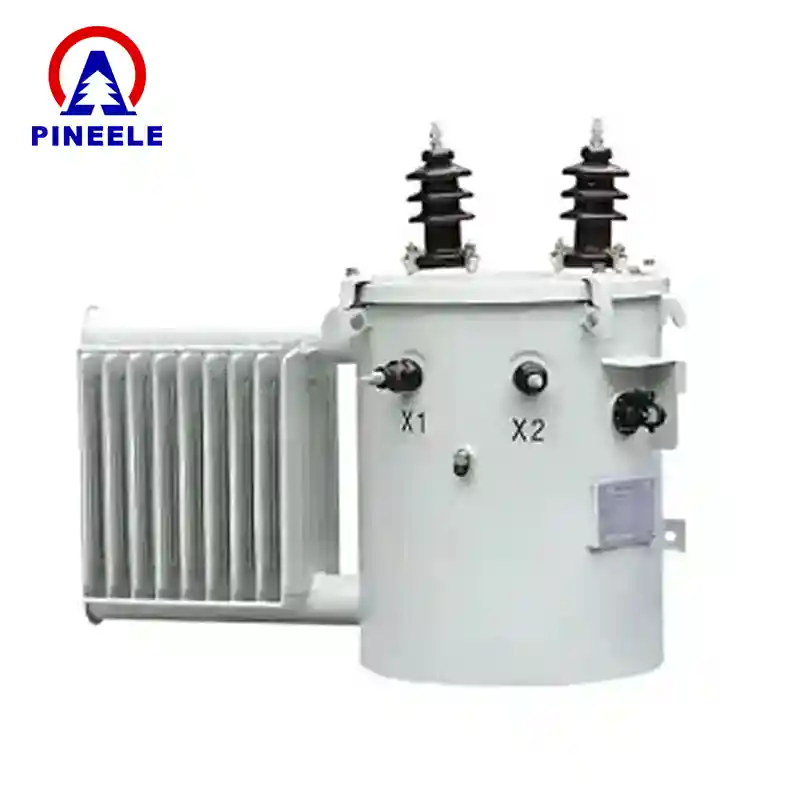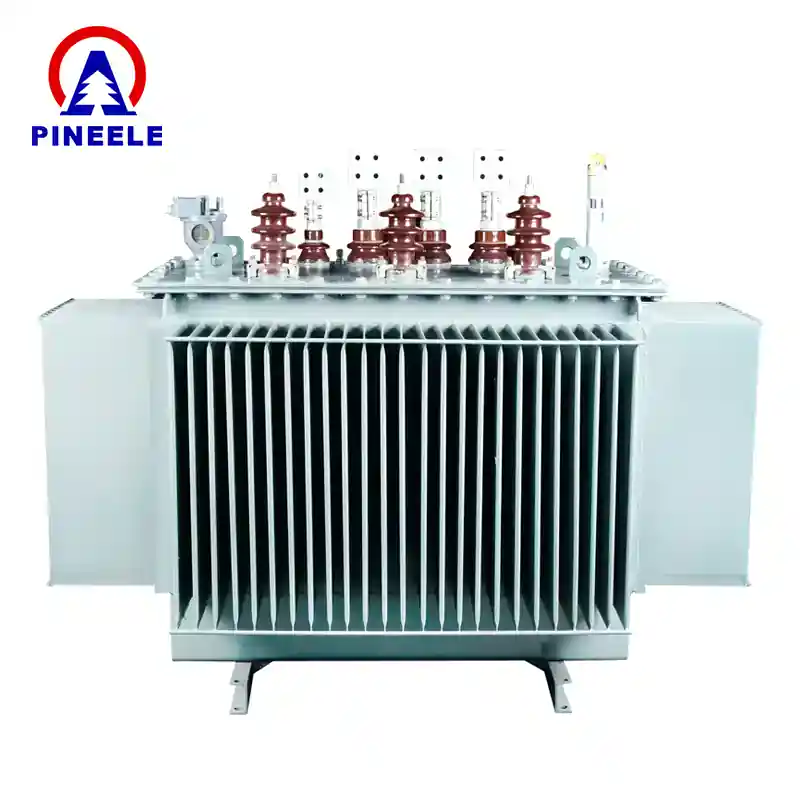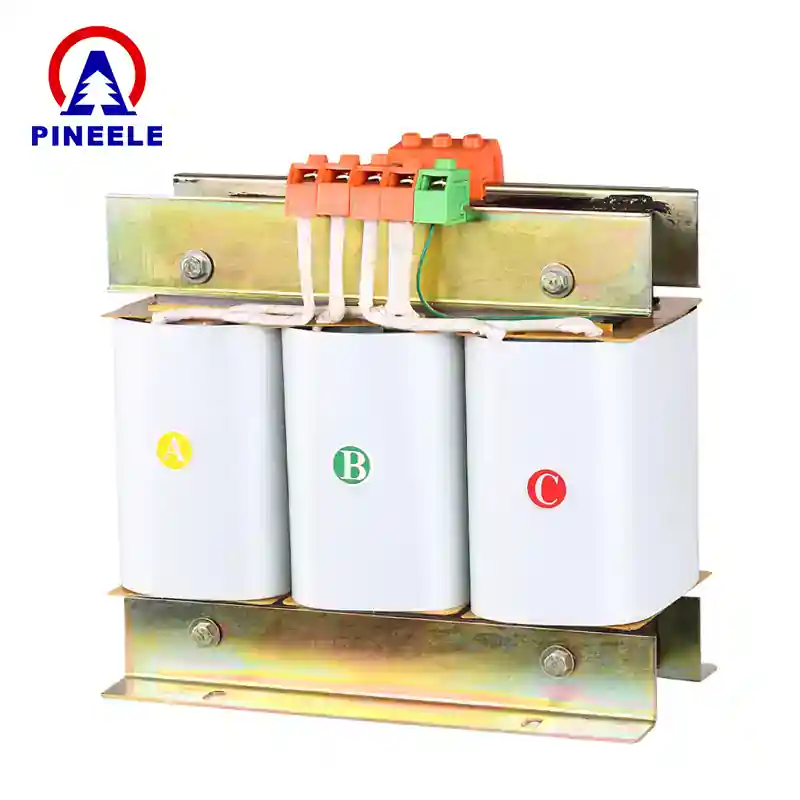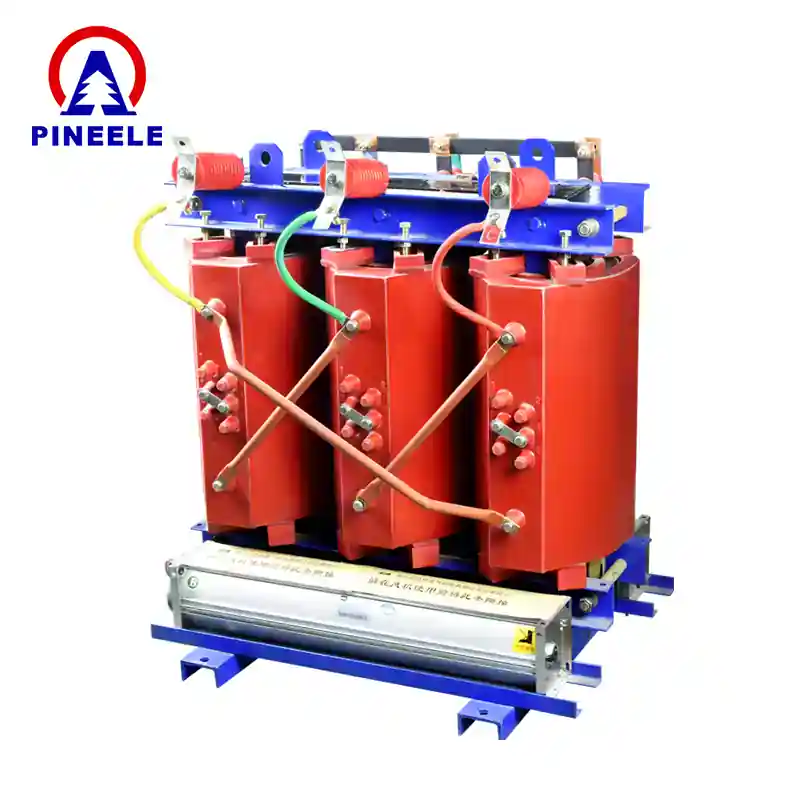Introduction
The 11 kV transformer is one of the most widely used medium-voltage transformers in electrical power systems. It plays a vital role in stepping down high-voltage electricity from distribution substations to usable levels for commercial, industrial, and residential loads.
When engineers or buyers refer to the 11 kV transformer rating, they are typically concerned with the input voltage (11,000 volts), the output voltage, and the power capacity (in kVA or MVA). Understanding these ratings is essential for safe and efficient power system design.

What Does “11 kV Transformer Rating” Mean?
The 11 kV in transformer rating refers to the primary (input) voltage the transformer is designed to handle. This is a medium-voltage level, often used in regional or local distribution systems.
Typical full transformer ratings include:
- Primary Voltage: 11 kV (i.e., 11,000 volts)
- Secondary Voltage: 400 V / 415 V / 690 V, depending on usage
- Power Capacity: Ranges from 25 kVA to 2500 kVA or more
- Frequency: 50Hz / 60Hz
Common 11 kV Transformer Capacities and Use Cases
| Transformer Rating | Typical Load | Use Case |
|---|---|---|
| 25 kVA – 100 kVA | Small residential blocks | Street-level transformers, pole-mounted |
| 125 kVA – 315 kVA | Small commercial complexes | Distribution transformers for retail stores |
| 400 kVA – 630 kVA | Medium industrial loads | Small factories, pumping stations |
| 800 kVA – 1600 kVA | Large commercial buildings | Hospitals, malls, data centers |
| 2000 kVA – 2500 kVA | Heavy industrial sites | Manufacturing plants, substations |


Technical Parameters of an 11 kV Transformer
| Parameter | Typical Value |
|---|---|
| Rated Voltage (Primary) | 11,000 V |
| Rated Voltage (Secondary) | 400 V / 415 V / 690 V |
| Capacity Range | 25 kVA – 2500 kVA |
| Phase | Single-phase / Three-phase |
| Frequency | 50 Hz / 60 Hz |
| Cooling Method | ONAN / ONAF (oil) or AN/AF (dry) |
| Insulation Class | Class A / B / F / H |
| Vector Group | Dyn11 (most common) |
Types of 11 kV Transformers
- Oil-Immersed 11 kV Transformers
- Most commonly used for outdoor installations
- Higher cooling efficiency, longer life
- Requires oil-level monitoring and periodic maintenance
- Dry-Type 11 kV Transformers
- Ideal for indoor or fire-prone environments
- Cast resin insulation
- Less maintenance but higher initial cost
- Amorphous Core Transformers (11 kV)
- Energy-efficient
- Lower no-load losses
- Preferred in green energy systems


How to Select the Right 11 kV Transformer Rating
When selecting an 11 kV transformer, consider the following:
- Load Calculation: Determine the total kVA requirement
- Future Scalability: Allow room for load expansion
- Installation Environment: Indoor/outdoor, humid, coastal?
- Cooling Method: Oil-cooled vs dry-type
- Budget and Maintenance: Initial cost vs long-term OPEX
Frequently Asked Questions (FAQ)
Q1: Can an 11 kV transformer supply 220V or 400V?
Yes. The secondary winding can be designed to step down 11 kV to 400V, 415V, or even 220V, depending on system requirements.
Q2: How much does an 11 kV transformer cost?
The price ranges from $1,000 to $25,000+ depending on the capacity, design, and materials used.
Q3: What is the standard vector group for 11 kV distribution transformers?
Most common is Dyn11, which ensures balanced voltage and fault tolerance.
Compliance Standards
All PINEELE 11 kV transformers conform to international standards:
- IEC 60076 – International Electrotechnical Standards
- ANSI C57 – U.S. Transformer Standard
- ISO 9001 – Quality Management
- RoHS & CE – (upon request)